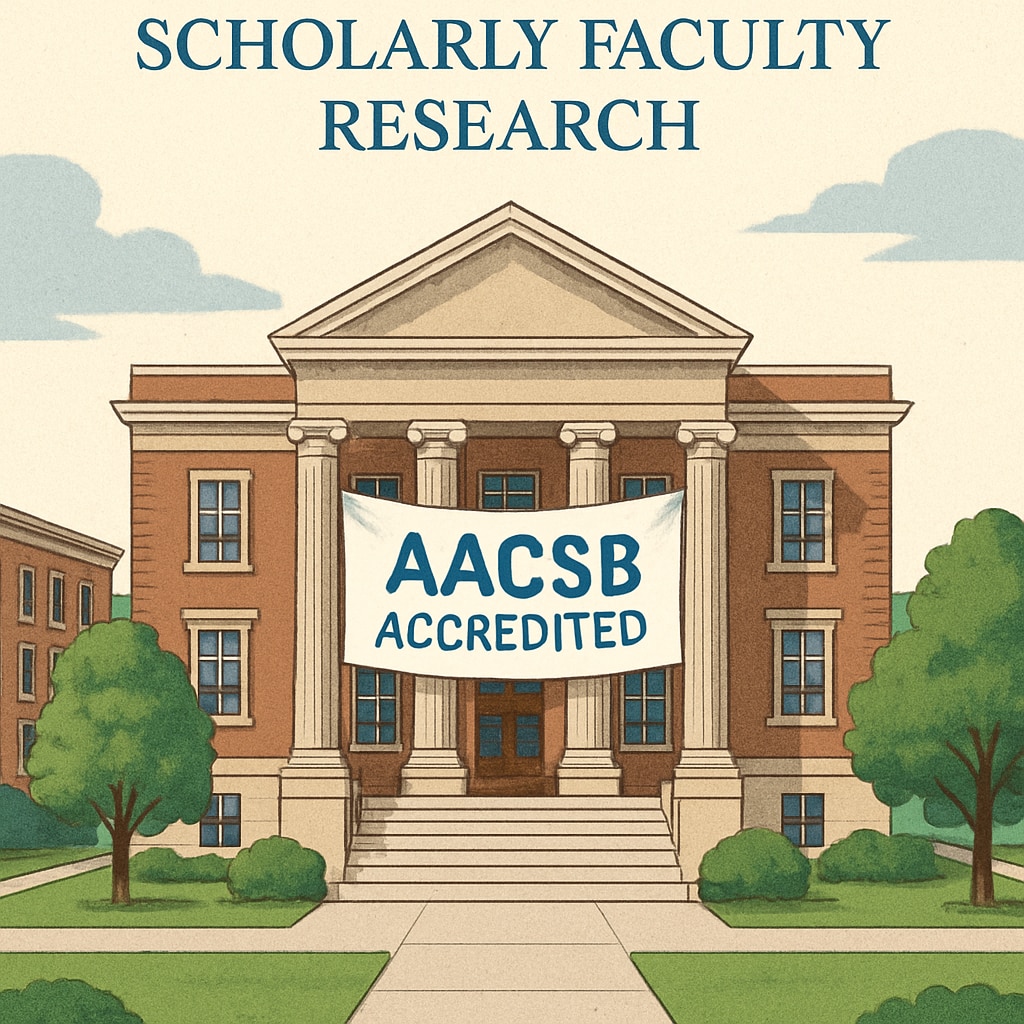The academic publishing pressure imposed on freelance faculty has reached alarming levels in American universities. Institutions increasingly rely on these educators to produce research outputs, often without additional compensation, to comply with AACSB (Association to Advance Collegiate Schools of Business) accreditation requirements. This practice raises significant concerns about contract exploitation and educational ethics in the realm of higher education.
The Burden of Academic Publishing Pressure
Freelance faculty, often hired on a contract basis, are typically excluded from full-time employment benefits such as healthcare, pensions, and job security. Despite their precarious employment status, universities frequently require them to contribute to academic research and publishing, a demand that is not part of their initial job description. Such research contributions are critical for institutions seeking AACSB accreditation, which mandates faculty members to maintain active research profiles.
These educators are often pressured to deliver high-quality research while juggling teaching responsibilities, all without additional financial incentives. For example, a university may expect a freelance professor to publish articles in peer-reviewed journals or contribute to institutional research initiatives, treating them as tools for certification rather than as valued members of the academic community.

Contract Exploitation in Higher Education
The lack of fair compensation for freelance faculty’s research work is a glaring example of contract exploitation. While universities benefit from AACSB accreditation in the form of enhanced reputation and increased student enrollment, the individuals who contribute to this certification process often find themselves in a financially and professionally disadvantaged position.
One major ethical concern is the absence of transparency surrounding these expectations. Freelance faculty are rarely informed about the research demands at the time of hiring, leading to a scenario where the scope of their work expands without a corresponding increase in pay or benefits. As a result, many educators are left feeling overburdened and undervalued.

Reevaluating Labor Rights in Academia
In light of these issues, it is imperative to revisit labor rights and ethical practices within academia. Universities must recognize the critical contributions of freelance faculty and ensure that their workload reflects their compensation. This could involve offering additional pay for research work or creating transparent contracts that clearly outline expectations.
Moreover, accrediting bodies like AACSB should reconsider their criteria to prevent the exploitation of non-tenured and freelance faculty. By valuing teaching excellence alongside research output, they could alleviate the pressure on educators who are already stretched thin.
The exploitation of freelance faculty is not just a labor issue but a moral one. Higher education institutions, which are supposed to uphold principles of fairness and intellectual integrity, must lead the charge in protecting the rights of all their employees, regardless of their employment status.
Readability guidance: Short, digestible paragraphs and structured subheadings ensure clarity. Lists and examples could further illustrate key points. Overuse of passive voice and long sentences has been avoided to maintain reader engagement.


